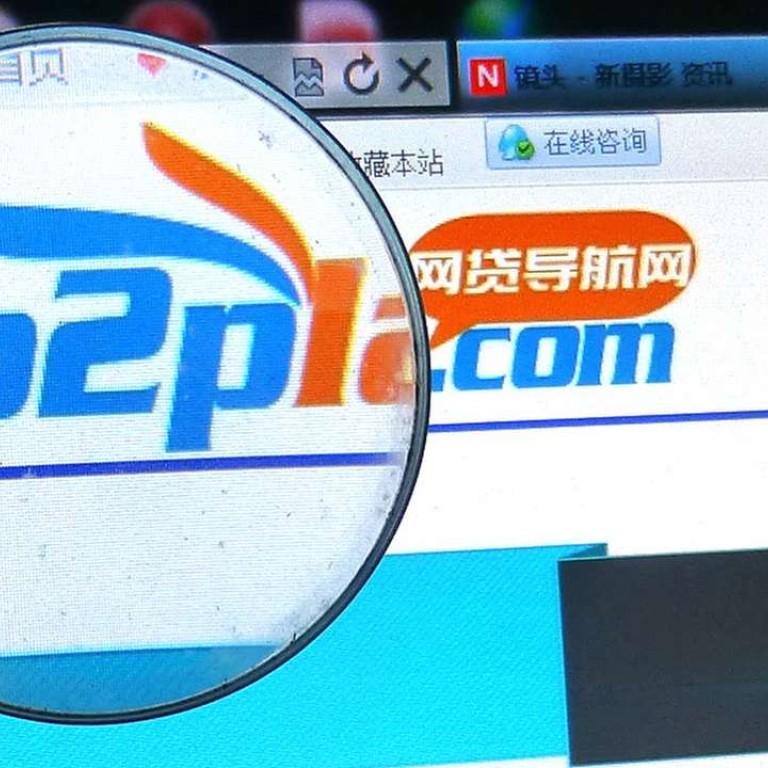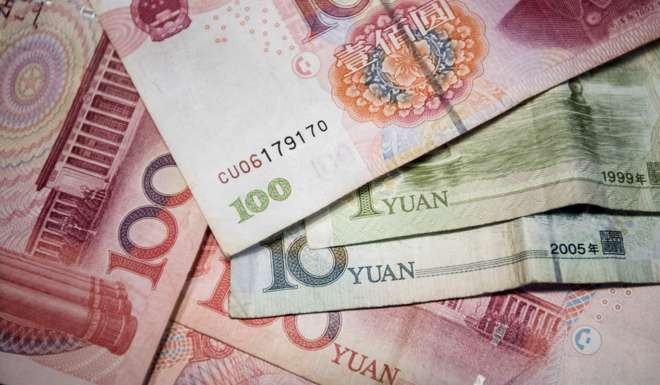
China’s tighter P2P rules may trigger unexpected run on deposits
Tighter regulations on China’s peer-to-peer (P2P) lending sector are potentially putting depositors’ money at risk and could even trigger an anticipated run on deposits in March, with many of the lending platforms facing the very real prospect of liquidation, according to market watchers.
Authorities in Beijing are determined to examine the credentials of some 3,000 P2P lending operators and expel any questionable players by March, following a raft of scandals involving at least 100 billion yuan worth of deposits from millions of residents.
Most of the lending platforms involved are unlikely to qualify as legal P2P firms following introduction of a series of tighter regulatory requirements, including the appointment of a custodian bank and full disclosure on the use of deposits, according to regulatory officials and company executives.
It is estimated that only 200 P2P companies will pass the review process undertaken by authorities, with the remaining players forced to close their operations and repay money to depositors.
“The industry is expecting a huge wave of money withdrawals in the first two months of 2017 as investors are wary of risks arising from the potential liquidations,” said Richard Zhu, a senior IT engineer at financial services firm Zillion Fortune. “After all, thousands of companies are unlikely to survive the regulators clean-up campaign.”
The industry is expecting a huge wave of money withdrawals in the first two months of 2017
Failure to pass the regulatory examination won’t necessarily lead to collapses or defaults, but investors hope to get their money back as early as possible to dodge potential risks.
Typically, a P2P firm acts as a matchmaker for individual borrowers and lenders while charging fees for providing information.
On the mainland, thousands of P2P firms are de facto wealth management platforms that collect cash from depositors before relending the money to other businesses such as property developers.
P2P firms normally guarantee a lofty fixed return rate for investors and attract millions of mainlanders who have shied away from banking deposits in the past five years.
Mainland authorities stepped up policing the private lending sector earlier in 2016after dozens of ailing platforms collapsed.
P2P began flourishing five years ago, driven by Beijing’s support for financial technology (fintech) firms, part of the mainland’s reform of the financial system which previously failed to serve small businesses and individuals. But a lack of efficient regulatory framework led to a series of scandals, including frauds and business collapses due to bad management.
Under the new rules, a P2P company has to appoint a commercial bank as its custodian while fully publishing how investors’ money is being used.
Banks, battered by worries about the risks after P2P was hit hard by a series of fraud cases, have shown lukewarm response to the custodian business.
Ezubao, one of the mainland’s largest P2P platforms, was found to have defraud more than 1 million investors of about 100 billion yuan last year.
Under the tighter regulations, authorities will also conduct on-site checks on risk management, scale of businesses, IT infrastructure, investment sources and shareholders’ credibility before granting P2P lenders the go-ahead to continue doing their business.

Five different investors who deposited money with P2P platforms, including the big, established players, told the South China Morning Post that they would choose to “play it safe,” withdrawing the majority of investments from the financial technology (fintech) firms.
“It’s a game of politics rather than a business,” said Zhou Bin, a depositor who invested 500,000 yuan in a P2P platform. “The examinations by authorities mean that most of the companies won’t be allowed to play the game anymore.”
Zhou added that he would be a step ahead of most of the depositors and withdraw his money in order to avoid a “stampede”.
“I am scared of the herd mentality,” he said. “I’ll quit early because a run on the P2P firms is highly expected after the Chinese New Year holiday.”
According to wdzj.com, an online data provider tracking the P2P industry in China, outstanding credit on the platforms nationwide hit 800 billion yuan at the end of November.
Some market watchers believe that the latest clean up efforts are akin to a time bomb that could trigger yet another crisis in the mainland’s financial system where cracks have already appeared.
“Capricious policymaking could be more dangerous,” said Yan Yipan, chief executive of law firm Zhejiang Panyuan. “The government still needs to have a better understanding of what P2P is. Heavy-handed regulation might undermine the long-term growth of the fintech sector.”

